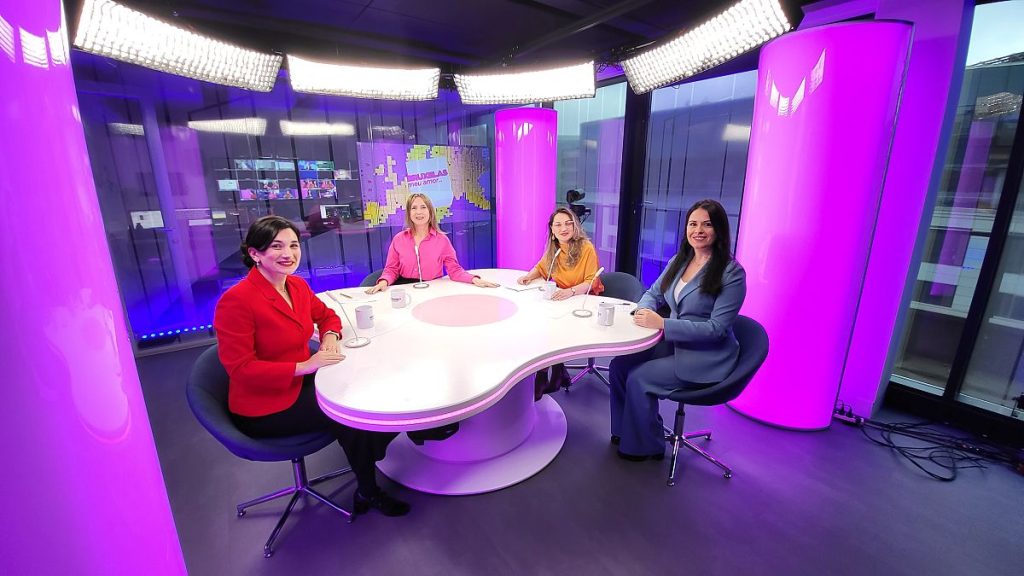In this edition of the program, the focus was on the political situation in Georgia and the EU’s relationship with the Western Balkans. The panel included experts Tinatin Akhvlediani, Iliriana Gjoni, and Teona Lavrelashvili who discussed the outcome of parliamentary elections in Georgia, where the pro-Kremlin Georgian Dream party emerged victorious amidst allegations of voter fraud. Teona Lavrelashvili expressed concerns that a country seeking EU candidacy should not be involved in elections marred by irregularities, while Titatin Akhvlediani highlighted the challenges of proving such allegations. Spanish MEP Antonio López-Istúriz White, who observed the elections, was shocked by reports of plans to ban the opposition following the vote, calling it alarming for democrats.
Meanwhile, the European Commission published its reports on EU enlargement progress, following President Ursula von der Leyen’s recent visit to the Western Balkans. The reviews assess the readiness of ten candidate countries to join the EU, with indications that Georgia may not be recommended for accession talks anytime soon. This development comes as part of ongoing efforts to evaluate and monitor the progress of countries aspiring to join the EU. The panel reflected on these reports and the challenges faced by aspiring members, including the need for comprehensive reforms and alignment with EU standards and values.
The discussion also touched on the shifting dynamics in Georgia’s relations with the European Union, with authorities in the country appearing to distance themselves from EU integration. This trend has raised concerns among EU officials and experts, who see Georgia’s pro-Kremlin government as a potential obstacle to closer ties with the European bloc. The panelists analyzed the implications of this development for Georgia’s EU aspirations and the broader geopolitical landscape in the region. As Georgia grapples with internal political challenges and external pressures, the future of its relationship with the EU remains uncertain.
In light of the recent elections in Georgia and the EU enlargement reports, the panelists highlighted the importance of upholding democratic principles and transparent electoral processes in aspiring EU candidate countries. They emphasized the need for credible and fair elections as a fundamental requirement for countries seeking closer integration with the EU. The panelists also underscored the significance of continued reforms, good governance, and respect for the rule of law in advancing the EU accession process. They called for sustained efforts to address challenges and meet the criteria set by the EU for aspiring member states.
Overall, the discussion provided insights into the complex dynamics shaping Georgia’s relationship with the European Union and the challenges facing countries in the Western Balkans seeking EU membership. The panelists offered valuable perspectives on the political developments in Georgia, the implications of the EU enlargement reports, and the broader implications for regional stability and integration. As the EU continues to assess the progress of candidate countries and promote democratic values and standards, the panelists stressed the importance of upholding these principles to advance the aspirations of countries seeking to join the European bloc. The conversation shed light on the ongoing dialogue between the EU and its aspirational members, highlighting the complexities and opportunities inherent in the enlargement process.


